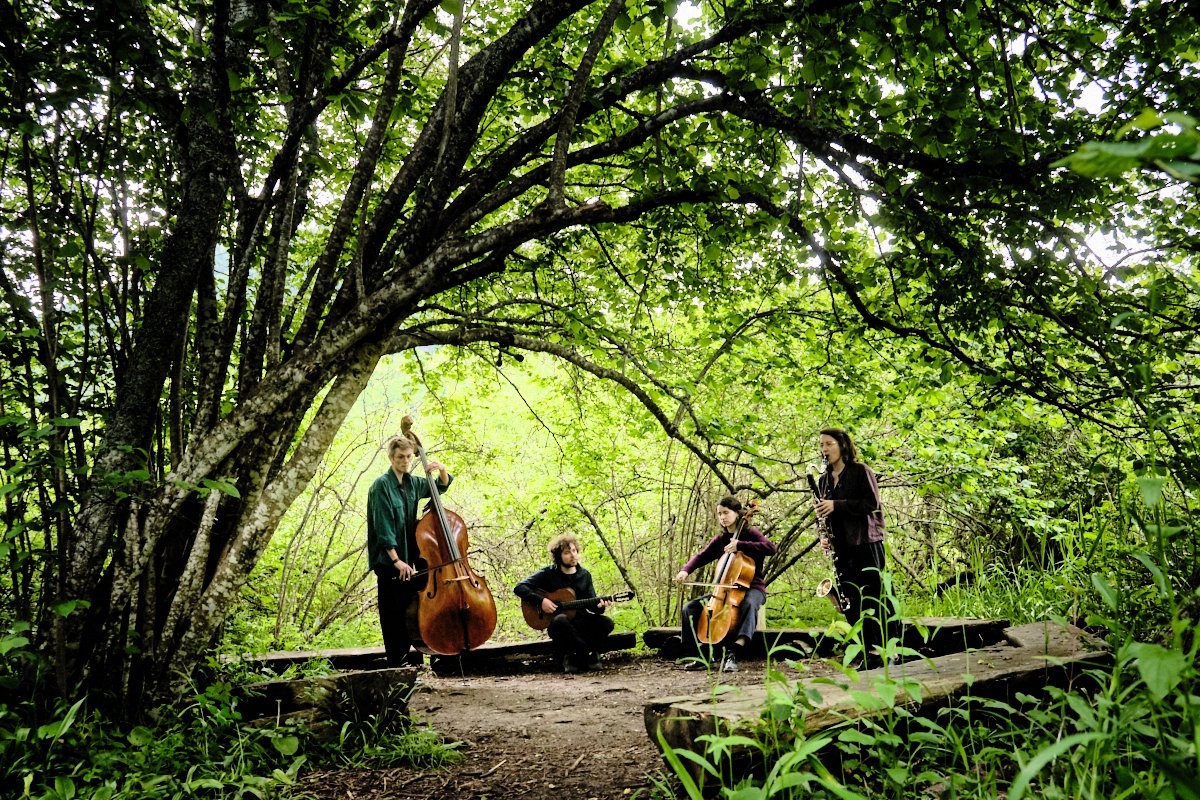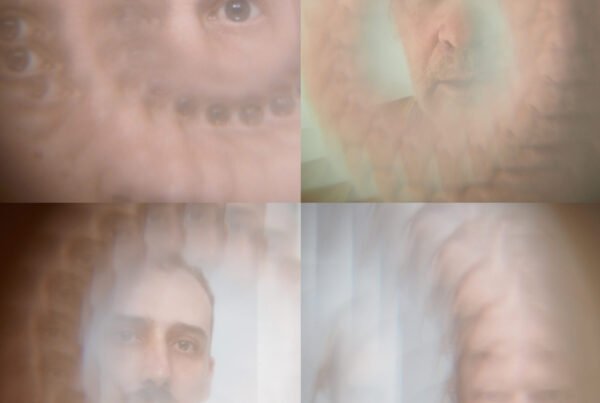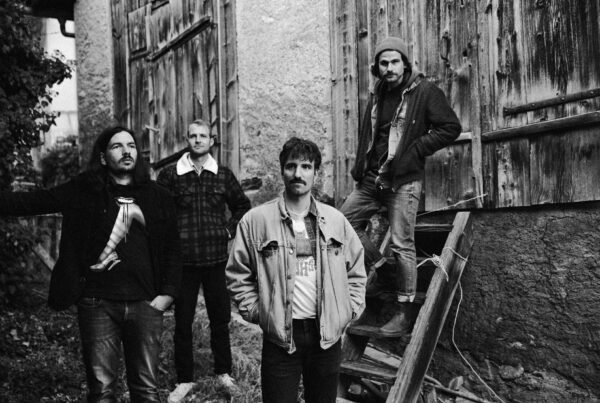Authenticity, the act of being one’s truest self, has come a long way throughout history. Societies, for all of the good they can create, also impose culture, norms, and traditions upon their denizens that can become quickly stifling for anyone who dares to think outside of these arbitrary yet gargantuan walls. Over time, many individuals have fought hard fights to win acceptance in cultures that would have rejected them, many times, violently. I am thankful that my general outward appearance is one that is easily swallowed by the heteronormative, patriarchal, and white surroundings in which I was born, but many are not so lucky to be part of the dominant paradigm.
As I have gotten older, I have been able to express my fringe beliefs and viewpoints with a steady comfort, but have never been part of a truly marginalized group. I readily acknowledge my privilege and work daily to dismantle less accepting frameworks of thought in my community and my own mind.
These pontifications may seem like overkill for a music video premiere, but today’s song and video address a more harmful time in history. One viewing of this artwork was enough to send my thoughts flying through the histories of oppression and the cowardice and malice of ruling powers. So, may this serve as something of a warning for you: there is great beauty here, but the subject matter is heavy.
It is with great humility and honor that I present to you experimental folk group La Cozna and their stunning music video for their equally stunning rendition of “Blanche Biche”, a folk song from the Middle Ages of France. ‘The lyrics remind us of witch hunts, which were brutal and often associated with sexual violence,‘ La Cozna explains. Give it a watch below.
For context, “Blanche Biche” translates to ‘white deer’ in English, and the song follows the story of Marguerite, a young woman who transforms herself into a deer only to be tragically hunted and killed by her own brother. La Cozna, which translates to ‘the kitchen’ in Savoyard, an Alpine French dialect, employ traditional instruments as well as improvised instruments from things literally found in kitchens and a kind of mechanized hurdy gurdy. As a singular motif drives the song across multiple instruments, vocalist Clémence Baillot d’Estivaux sings out the heartfelt narrative displaying the sober clarity of Pete Seeger and the soft expressiveness of Natalia Lafourcade. The stop-motion paper animated video directed by Virgile Jardin portrays a similar story, but with a bit more nuance.
Marguerite is seen in her room, her face frowning as through the window we see hunters returning. She changes clothes and moves towards a chest where she alarmingly pops off her own head and replaces it with a smiling one. Here, we begin to make the connection as to why such an old song, albeit done with new and unique composition, holds relevance. Literal witch hunts are a thing of the past, but the masks we wear to appease those who could harm us are ever present. Their removal still can and does have dire consequences. As the now smiling Marguerite dines upon soup while a male figure dines upon a freshly slaughtered deer, she struggles to maintain her pleasant visage. The frowning head bursts from the chest in the other room and replaces her smiling face. Now she runs out into the surrounding forest, chased by the man who fires a shot from his rifle. Here, the music intensifies by dropping its rhythm and morphing into a drone. The video fades to black and reappears with the smiling head of our protagonist on the wall. The man is eating meat from an unknown source as the credits roll and the song fades.
There have been many covers of traditional songs over the years. Many of them are made by traditionalists attempting to revive some bygone romanticism. La Cozna has taken something traditional, successfully upgraded its music and tone, and turned it into high art. The feminist implications may have always been in the lyrics, but through this song and video, we can see that the dresses and faces women put on to please men cannot quell violence when authenticity comes forth. I casually listened to Ni Nuit Ni Jour, La Cozna‘s debut album released on August 23 of this year, in preparation for this article, but a deeper listen is required. A press release for the album states, ‘Whispered on in the intimacy of kitchen corners, these women’s songs tell stories of love, violence, and freedom, trumping domination with humour, drama, and poetry,’ which sums up a work of great importance. La Cozna carry the fire that once damaged so many lives and are using it for the betterment of us all.
Ni Nuit Ni Jour is out now on Raffut Collectif and available to order on Bandcamp. You can follow La Cozna on Instagram here.






